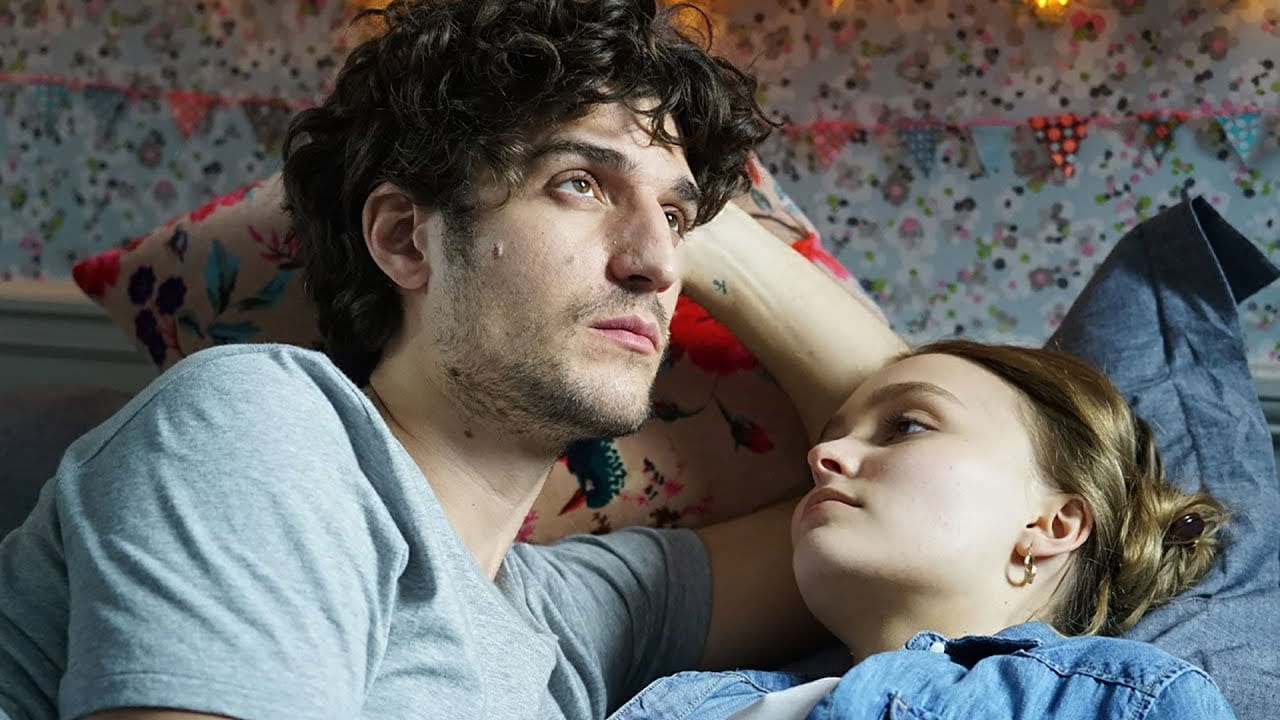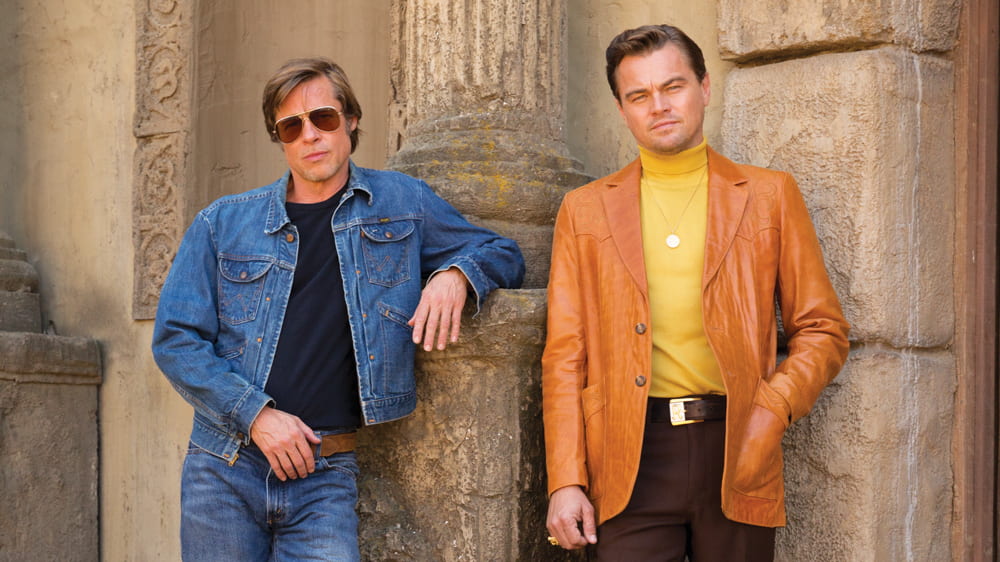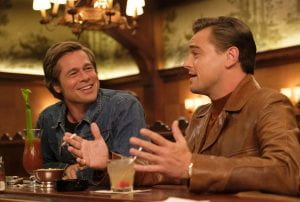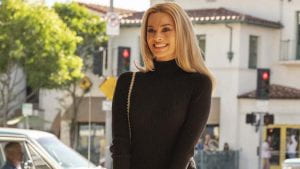With the New York Film Festival announcing their 57th selection earlier this week, it seems fitting that we get a Seattle release for a film that played there last year with A Faithful Man. Directed, co-written, and starring Louis Garrel (Two Friends), this film follows three shifting perspectives that revolve around one central love triangle, culminating in a romantic comedy with all the signature touches of French cinema.
Abel (Garrel) learns that his significant other Marianne (Laetitia Casta) cheated on him and now bears the child of lover Paul. After nine years, Paul dies, and Marianne reunites with her original lover. In the middle is Eve (Lily-Rose Depp) who is Paul’s sister and has been longing for Abel since she was a young teen. The indecisive Abel fluctuates between Marianne and Eve, and as expected, drama ensues.
The film is pitched as “a playful inversion of the patriarchal tropes of the French New Wave” which is seemingly true on the surface. One doesn’t have to look far to see how A Faithful Man is a gender-swapped, modified alteration of François Truffaut’s Jules and Jim (1962). In that role reversal though you do get some unsavory tropes and associations that come from two women trying to go after one man. Clearly not as egregious as something like The Layover (2017), but something that should be noted. Eve literally says she will engage in war with Marianne if she doesn’t leave Abel alone, so there’s that . . . but it’s closer to Truffaut’s film in the sense that there’s deeper substance than simply wanting to compete for the affections of an indecisive male.
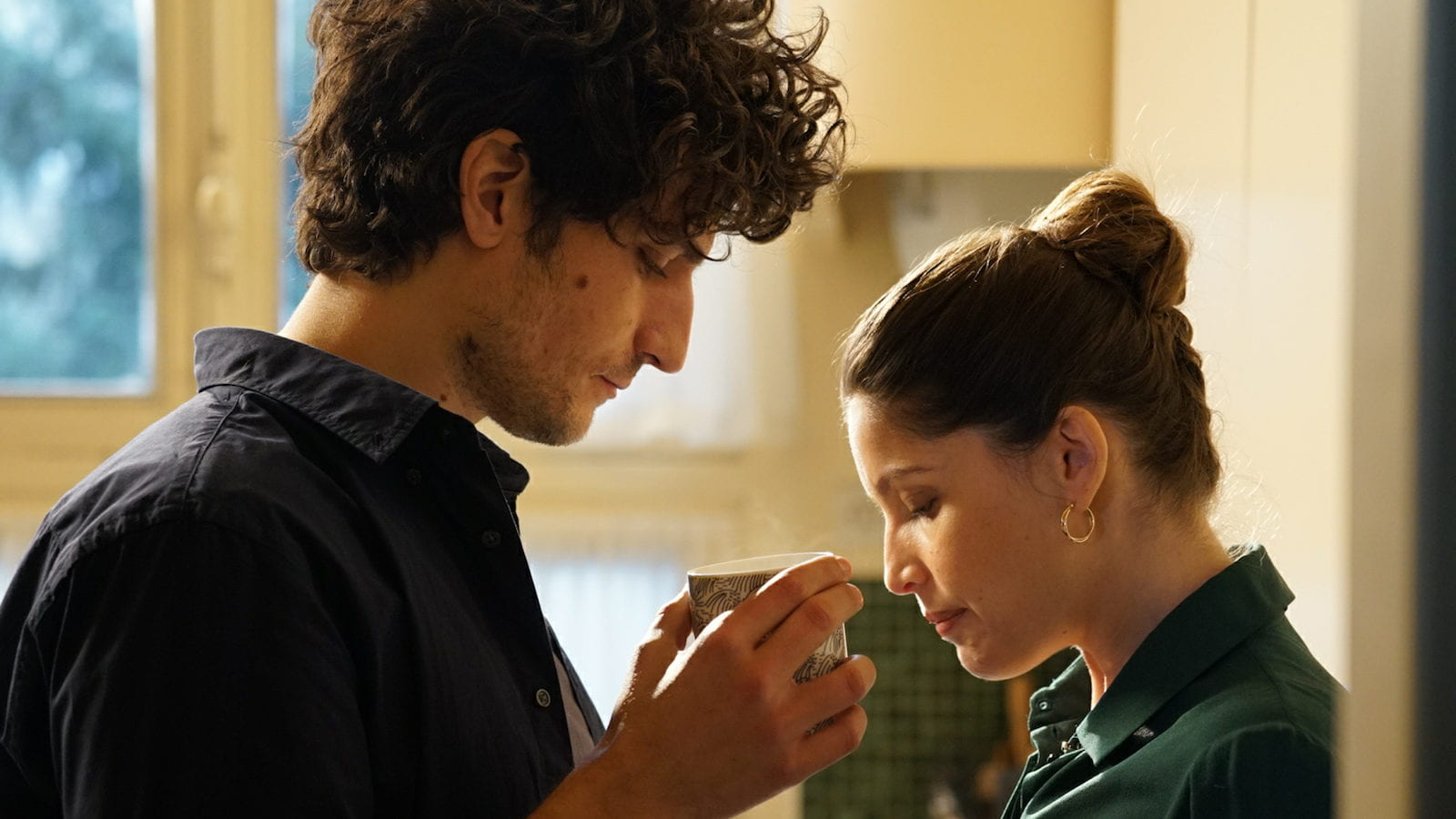
Though the film has three rotating viewpoints, Abel’s story ends up taking center stage due to his narrative positioning. After already leaving him once, the lingering fear that Marianne might do it again prompts his torn feelings. Does he stay with someone he has a second chance with or does he go for someone who claims to have always loved him from the start with someone like Eve? It is this conflict that distances A Faithful Man away from other love triangle romance films, though not completely. The unavoidable tropes of lesser rom-coms become omnipresent during the film, so a narrative like this will inherently have those associations. I wouldn’t absolve the film of these archetypes, but I wouldn’t go as far to condemn them either, particularly because of the way Marianne is framed.
That being said it is a French rom-com, so take an American romantic comedy and give it a heavy, heavy dose of French drama and A Faithful Man is your result. Pining character desires take center stage as the internal monologues of Abel, Marianne, and Eve take on a considerably dramatic French edge to it. “I miss her, but we are far apart. My life echoes without meaning,” is the sort of thing you will hear, and much of the comedy comes from this band of drama. At one point, A Faithful Man momentarily turns into a ‘who-done-it’ mystery generating a good amount of suspicious drama between individuals while also retaining its humor due in part to the comedic, dry-pan deliverables of Marianne’s son (Joseph Engel). Instances like this that play off expectations of French dramas and diffuse it is one of the more pleasant and indulgent parts of the film.
At 86 minutes, A Faithful Man never overstays it’s welcome. It gets in and out with the right amount of urgency before the story becomes played out. During that time you’ll find some French humor that carries some poignant truth about relationships, trust, and our ability to remain faithful to our significant other. If you can look past the archetypal setup, you’ll find some mileage (and laughs) in this one.
—
A FAITHFUL MAN PLAYS AT NORTHWEST FILM FORUM FROM AUGUST 9TH TO THE 15TH. FOR OUR STUDENT READERS, MAKE SURE TO GET THEIR STUDENT DISCOUNT, $9 TICKETS AND $35 ANNUAL MEMBERSHIP.






